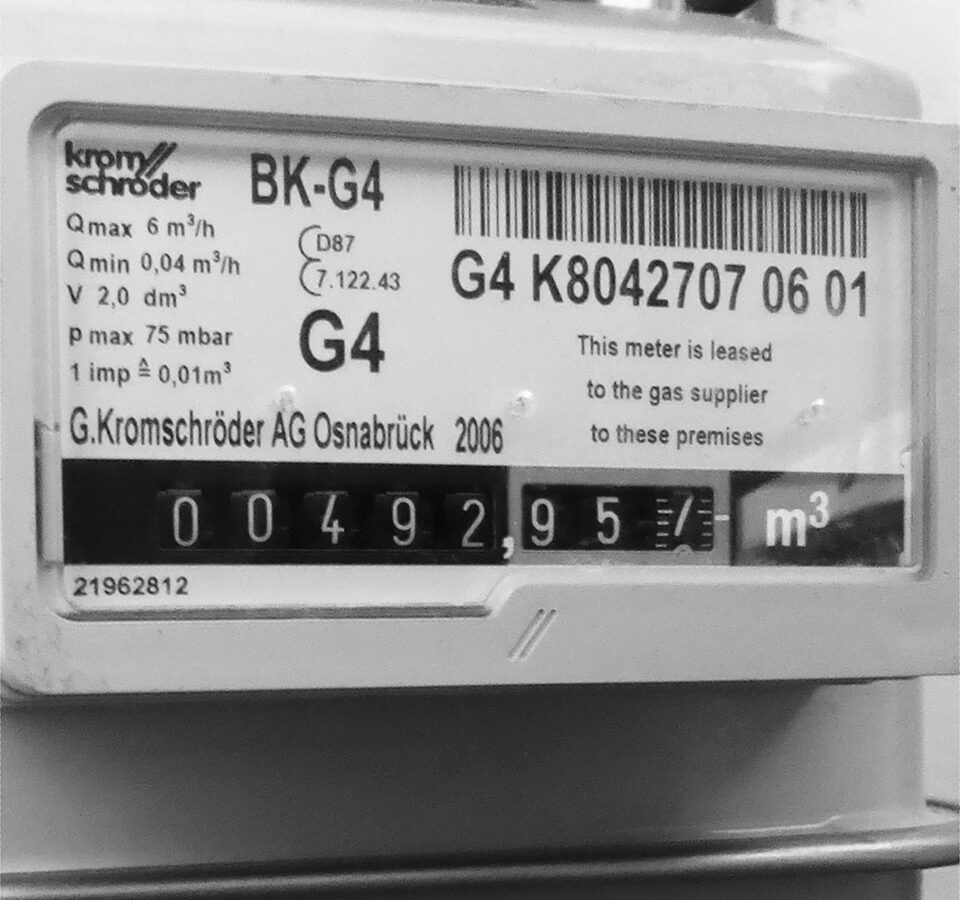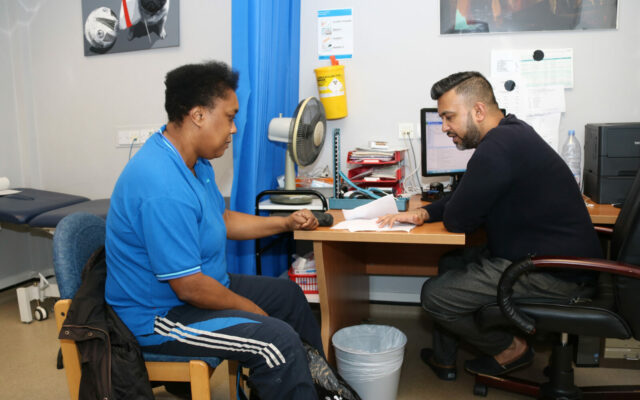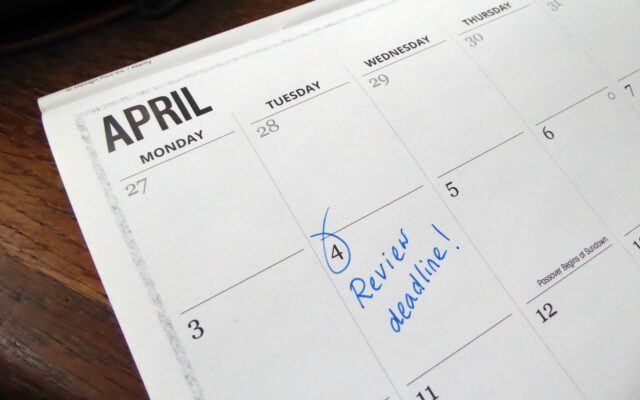Clocking up: spiralling costs of domestic fuel will be partly offset by payments to most households – photo: Christy Lawrance
Consumer champion Martin Lewis has stated that the UK is “facing a potential national financial cataclysm” and ex-prime minister Gordon Brown has described the cost of living situation as a humanitarian crisis.
Brown has called on the government to produce an emergency budget in response, including raising rates of welfare benefits this autumn rather than waiting to make annual increases next April.
My article in last winter’s Community Living (“Help to pay the winter fuel bills”) described the main schemes to help with energy costs. Since then, the government has introduced some temporary financial support to meet fuel and other bills.
New prime minister Liz Truss has frozen energy bills at £2,500 for 2023. This is welcome, if inadequate.
It is widely recognised that the financial outlook for many looks dire, especially for those needing the most support, including disabled people on low incomes.
The greatest concerns continue to be about the seemingly ever-rising cost of domestic fuel.
The UK’s annual energy price cap (based on typical household use of both gas and electricity) is expected to go up from just under £2,000 to as high as £3,359 this autumn. Further increases to the cap are predicted in the first two quarters of 2023.
Other regular bills are also increasing, notably the cost of food and motor fuel. Inflation is 9.4% and the Bank of England is predicting this will go above 13% by early next year.
At the time of writing, two main temporary sources of financial help were available.
Money towards fuel bills
The Energy Bills Support Scheme will provide a payment to help almost all bill payers in Great Britain with the cost of gas and electricity.
This scheme will provide a one-off discount totalling £400, given as six separate payments between October and March. All households with a domestic electricity connection will automatically get it without having to apply.
How the money is credited depends on how the consumer pays their fuel bills. For most people, it will be applied to the bill by their supplier.
Clients who use prepayment meters that are not smart meters will be provided with vouchers to redeem at their usual top-up point.
Cash to help with cost of living
The other main tranche of financial support being provided by the government across the UK comes under the umbrella of cost of living payments.
Three types of payments are being provided: to people on low incomes; to disabled people; and to pensioners. It is possible for a client to qualify for all three.
Entitlement is based on qualification for certain benefits at particular dates or within specific time periods.
People on low incomes will receive a cost of living payment worth £650 if they get a qualifying means-tested benefit. These are universal credit, income-based jobseeker’s allowance, income-related employment and support allowance, income support, pension credit, and child tax credit and/or working tax credit.
The amount is the same whether the claimant is getting their benefit as a single person or as part of a couple.
It is paid in two parts. The first payment of £326 was made this summer (the qualifying period was 26 April-25 May 2022). The second part of £324 will be paid this autumn, although the qualifying dates or period were yet to be announced as this issue went to press. Most people who qualify because they are entitled to tax credits will get their two payments in September and in the coming winter.
Disability cost of living payment is payable to any client who gets a disability benefit, regardless of the rate and/or component they receive. The amount is £150 and will be paid to clients from September 2022.
Qualifying benefits include personal independence payment, attendance allowance, disability living allowance (adult or child) or adult or child disability payment (Scotland only). The claimant must have received the benefit for a period that included 25 May 2022.
The pensioner cost of living payment of £300 will be paid to pension-age people on top of their regular winter fuel payment for winter 2022–23. It will be paid with the normal payment from November 2022.
The payments and credits awarded from either scheme (to help with energy bills or cost of living) are not counted as income so do not affect benefits or tax credits.
People who are eligible should be paid automatically. This includes where the claimant is found at a later date to have been eligible for a payment, for example because they were waiting for a decision on a claim for a qualifying disability benefit.
People on low incomes will receive a cost of living payment worth £650 if they get a qualifying benefit
If a client does not get a payment they believe they should have been awarded, this can be reported online to the Department for Work and Pensions.
More help this autumn
The Household Support Scheme might be funded for new applications from October 2022. Benefits from the scheme, which may include money or vouchers, provision of food or goods or grants to third parties, are awarded by local authorities to residents who need support.
Support can include help with, among other items, fuel bills. Keep an eye out this autumn for information about this scheme.





